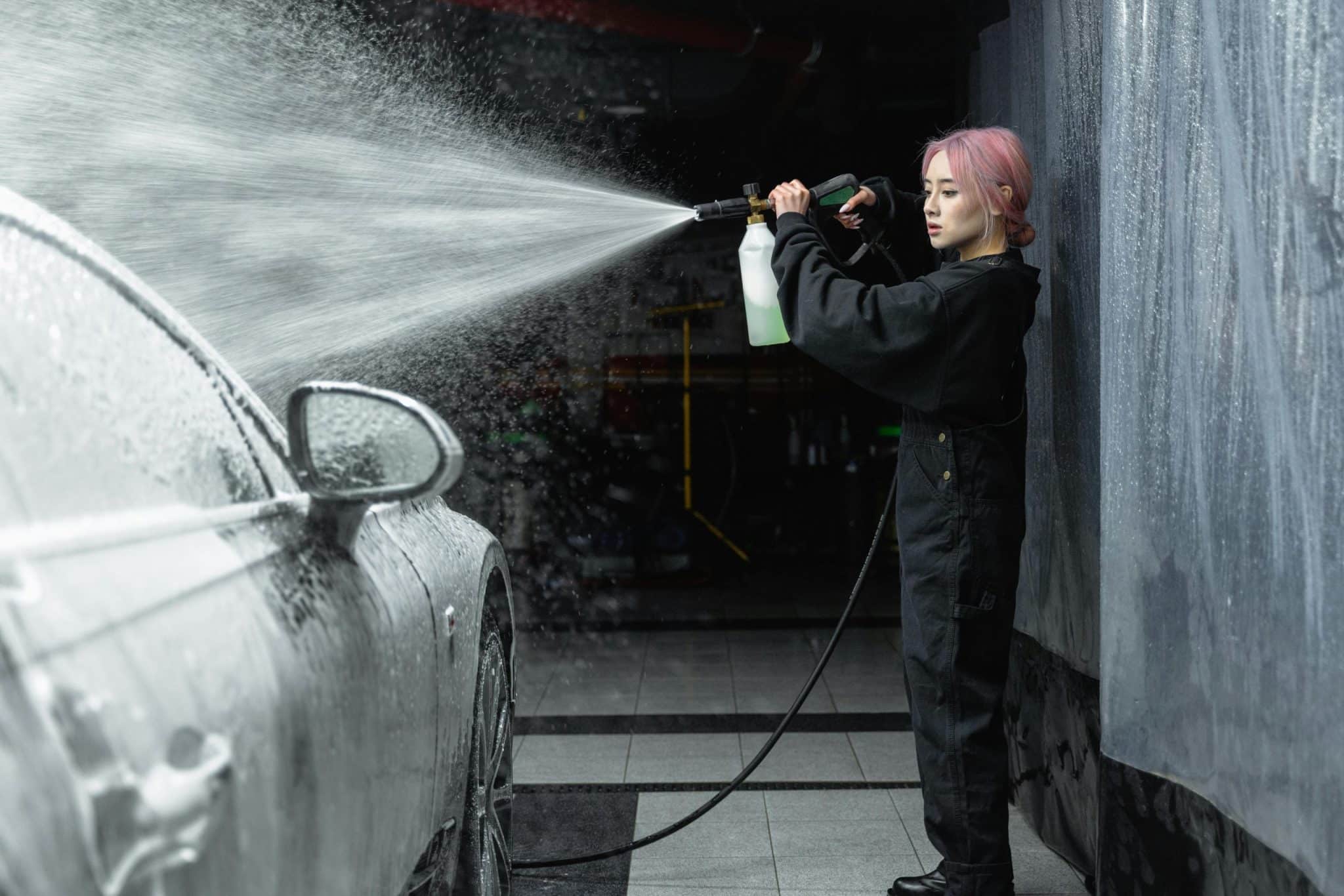Car Subscription Services Are Redefining Vehicle Ownership Models
In today’s fast-paced world, the idea of ownership has been redefined in many areas, including the automotive industry. Gone are the days when owning a car was a long-term commitment, with car subscriptions now becoming a popular alternative. These subscription services are changing the traditional model of vehicle ownership and are quickly gaining popularity among the modern consumer. In this article, we will take a closer look at how car subscription services are redefining vehicle ownership models, and the impact they will have on the future of the automotive industry.
The Rise of Car Subscription Services
Car subscription services, also known as car on-demand or car-sharing services, have been around for quite some time, but their popularity has skyrocketed in recent years. These services allow individuals to access a vehicle without actually owning it. Similar to the concept of streaming services, car subscriptions give users the flexibility to “subscribe” to a car for a specific period, ranging from a few days to a few months.
The main appeal of car subscriptions is the convenience and flexibility they offer. Instead of owning a vehicle, individuals can simply pay a monthly fee and have access to a wide range of cars, including luxury and exotic models. This eliminates the need for a long-term commitment, saving individuals from the burden of car maintenance, insurance, and other associated costs.
Challenges of Traditional Car Ownership
The traditional model of car ownership has its challenges, especially for the younger generation. Purchasing a car involves a hefty down payment, in addition to monthly payments, insurance, and maintenance costs. This can be a financial burden for those just starting their careers or living in urban areas where car ownership is not necessary.
Moreover, owning a car also means committing to one vehicle for a long period. This can be an issue for individuals who enjoy driving different cars or need a bigger vehicle for specific occasions, such as moving or going on a road trip. With car subscriptions, individuals have the freedom to choose a different car for different occasions, without the financial commitments of traditional car ownership.
Redefining Vehicle Ownership Models
Car subscriptions are changing the way people perceive cars. For many, owning a car was a status symbol, but with the rise of car subscriptions, this may no longer be the case. Instead of owning a car, the focus is now on the experience of driving and the convenience it provides.
These subscription services also cater to the changing needs and preferences of consumers. Many individuals now prefer environmentally-friendly options, and car subscription services offer electric and hybrid vehicles as part of their fleet. This aligns with the trend of sustainability and reducing carbon footprint, making car subscriptions a more appealing option for the modern consumer.
The Future of Car Ownership
With the rise of car subscription services, the future of car ownership looks different. It is predicted that by 2025, the car-sharing market will reach $103 billion, a testament to its increasing popularity. Traditional car manufacturers have also taken notice of this trend and have started to offer their own subscription services.
Moreover, car subscriptions also open up opportunities for new players in the market. Tech companies and start-ups are now entering the car subscription industry, offering innovative and convenient solutions for consumers. This competition will ultimately benefit the consumer, as it will lead to better and more affordable options.
In Conclusion
Car subscription services are undoubtedly redefining vehicle ownership models. With their convenience, flexibility, and cost-effectiveness, they appeal to the modern consumer’s changing needs and preferences. As technology continues to advance and the demand for sustainable options increases, we can expect car subscriptions to become an even more attractive alternative to traditional car ownership in the future.










